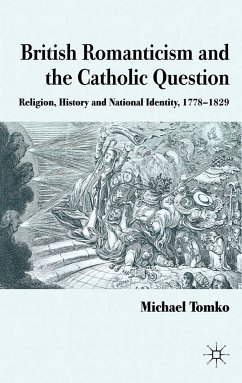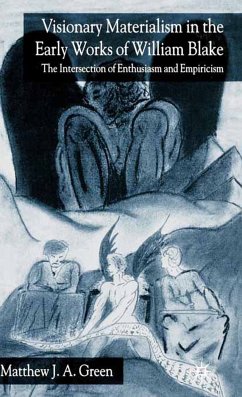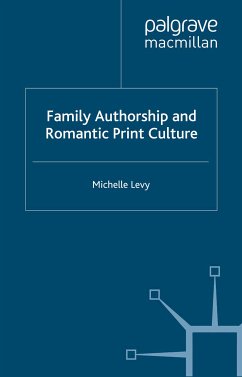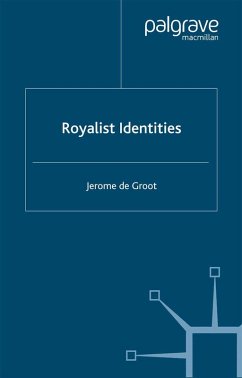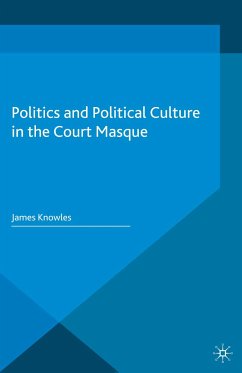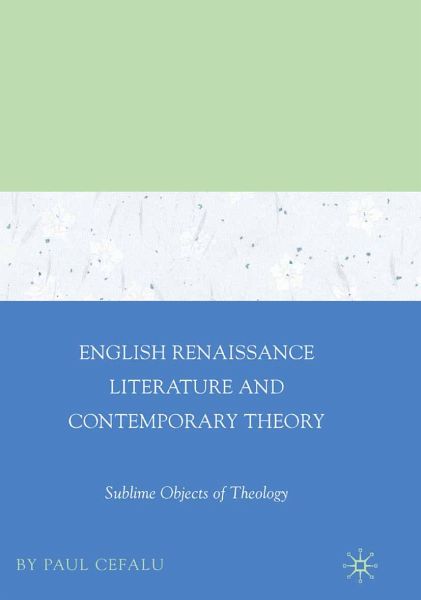
English Renaissance Literature and Contemporary Theory (eBook, PDF)
Sublime Objects of Theology
Versandkostenfrei!
Sofort per Download lieferbar
40,95 €
inkl. MwSt.
Weitere Ausgaben:

PAYBACK Punkte
20 °P sammeln!
This book offers the first sustained assessment of the ways in which recent contemporary philosophy and cultural theory - including the work of Giorgio Agamben, Alain Badiou, Eric Santner, Slavoj Zizek, and Alenka Zupancic - can illuminate Early Modern literature and culture.
Dieser Download kann aus rechtlichen Gründen nur mit Rechnungsadresse in A, B, BG, CY, CZ, D, DK, EW, E, FIN, F, GR, HR, H, IRL, I, LT, L, LR, M, NL, PL, P, R, S, SLO, SK ausgeliefert werden.





